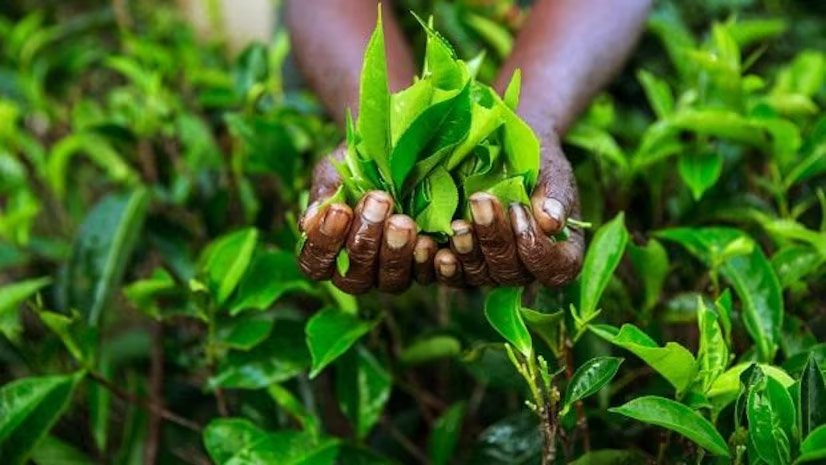AGARTALA, April 23 (PTI): Tea planters in Tripura are witnessing a “shortage” in production due to a prolonged dry spell in the north-eastern state with “falling” prices of the crop creating pressure on margins, stakeholders said on Sunday.
Tea plantations, the second largest industry in the state after rubber, are facing “crop loss” this season due to a drought-like situation, Tripura Tea Development Corporation (TTDC) chairman Santosh Saha said.
“The production has been hit due to drought-like conditions. There is a shortage of leaves, and the volume in the auction market has also come down. It is a difficult situation for us to get profit,” he told PTI.
State-run TTDC has five estates and two manufacturing units with an annual production capacity of eight lakh kg.
Tripura produces 90 lakh kg of tea annually.
“There is no support price for tea from the government as provided for paddy. This system prevails in the whole country,” Saha said.
Unakoti district’s Manu Valley tea garden manager Prabir De said the prolonged rainless period has adversely impacted production in the state, and despite the shortage, selling price has “come down to Rs 200 per kg from Rs 300 last year”.
Manu Valley tea estate is the largest garden in Tripura, which produces more than 15 lakh kg per year.
Now, the production cost per kg is Rs 160-170. Generally, we sell tea at Rs 300 per kg in April or May and the rate comes down to Rs 150 in October. So, it is the time we make profits and also compensate for the loss in October,” De told PTI.
Big planters can manage the loss up to some extent, but small growers are facing difficulties to deal with the situation, he said.
There are 52 private-run gardens in the north-eastern state and 22 factories for manufacturing tea, but now, only 13 are in operation due to the shortage of leaves, he said.
When contacted, Tea Board factory advisory officer Tuhin Debnath said, “Assessments for crop loss are on. Now, we do not have any data. So I cannot tell the exact amount of crop loss due to drought.”
Sumedha Das, owner of Shova tea estate said, “In 2013, the cash component of a labourer’s wage was Rs 58 per day besides free rations and shelter. A worker’s wage has been increased to Rs 176 per day in addition to other incentives. The price of coal rose to Rs 20 per kg as compared to Rs 13 per kg three years ago. But the selling price of tea is not increasing.”
She pointed out that the government in neighbouring Assam disbursed Rs 63.05 crore as a financial incentive to 370 tea gardens to help them mitigate the adverse impact of the Covid-19 pandemic, but so far “no incentive was given to tea planters in Tripura”.







